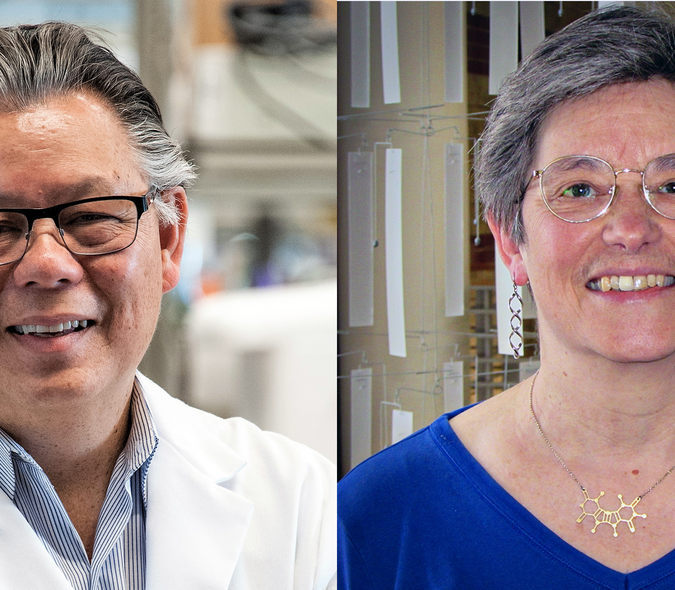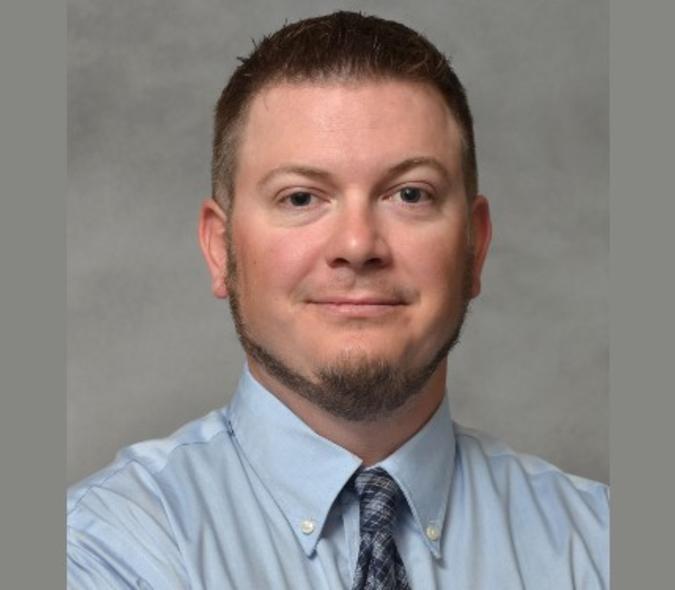Two SCI Faculty members receive NIH grant to study neural cell transplantation to treat Alzheimer's Disease
Dr. Walter Low and Dr. Clifford Steer of the Stem Cell Institute just received confirmation of an NIH grant entitled "Generating Exogenic Hippocampal Neural Cells via Blastocyst Complementation for Transplantation in Alzheimer's Disease."
The long-term goal of this project is to generate human neural cells (neurons and glia) that can be transplanted for the treatment of Alzheimer's Disease (AD). The team will start with a mouse model to demonstrate proof of concept using methods of gene editing and blastocyst complementation with pluripotent stem cells to generate these neural cells for transplantation. Gene editing is done to knockout genes involved in neural cell development in mouse embryos. This will create a niche for stem cells to occupy and develop into the desired neural cells. This technology is similar to that recently developed for generating so-called "exogenic" pancreas and kidney in rodents.
The exogenic neurons and glia generated in the chimeric mouse embryos will be transplanted into mouse models of Alzheimer's Disease where there is cell loss in the limbic areas of the brain such as the hippocampal formation involved in learning and memory. Proof of principle in restoring neurological function in the mouse models of AD using this blastocyst complementation approach will allow us to advance these studies to larger preclinical animal models of this neurodegenerative disorder.



